Blackhaine: Harsh Realities
|PHILLIP PYLE
“You've seen yourself how difficult the writing is to decipher with your eyes, but our man deciphers it with his wounds.” Franz Kafka, “In the Penal Colony”
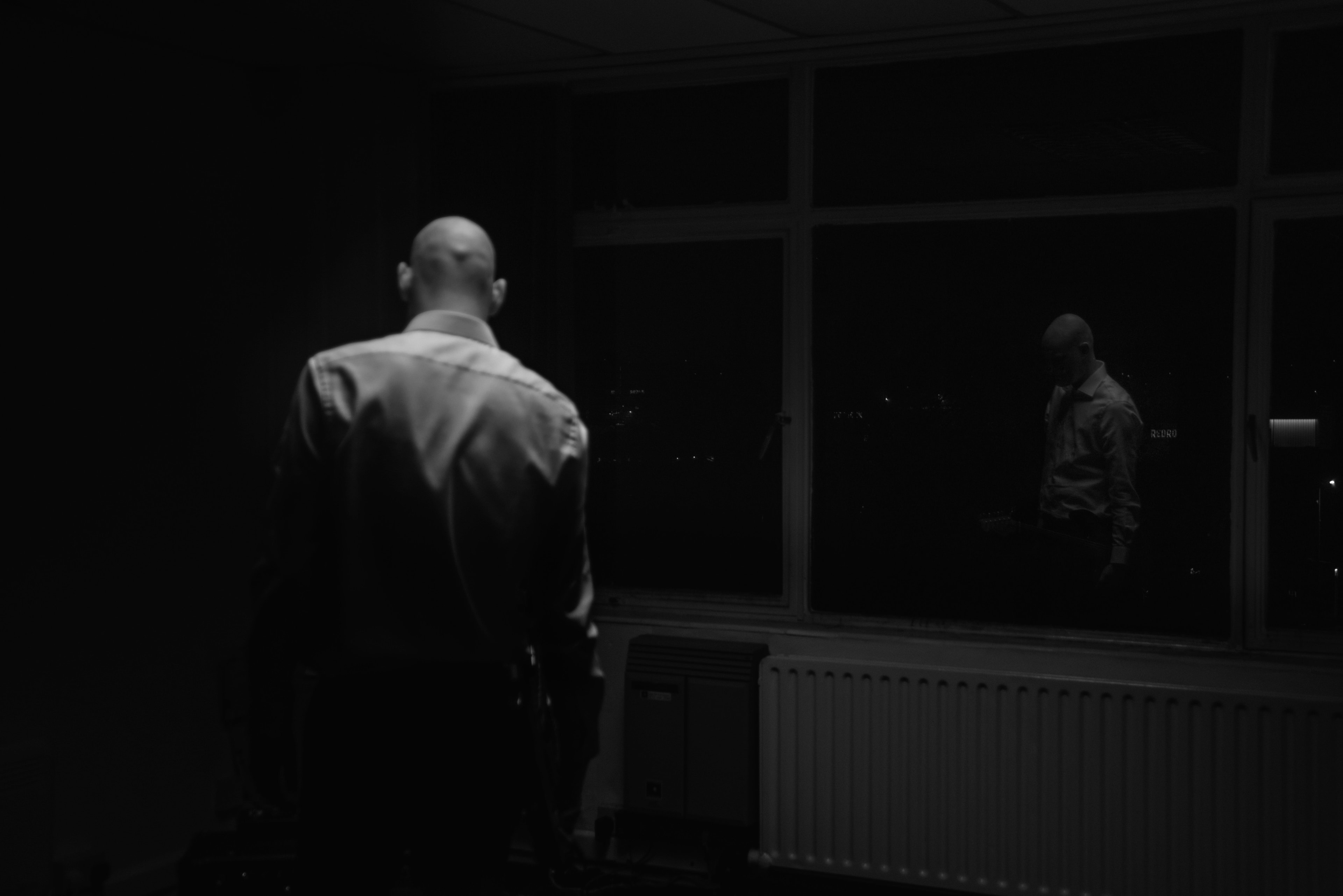
Performances of brutality inevitably raise the question of intervention. Whether self-inflicted or even audience-perpetrated, the threshold between bearing witness to some larger truth about violence and being complicit in the performer’s destruction is often a moral one.
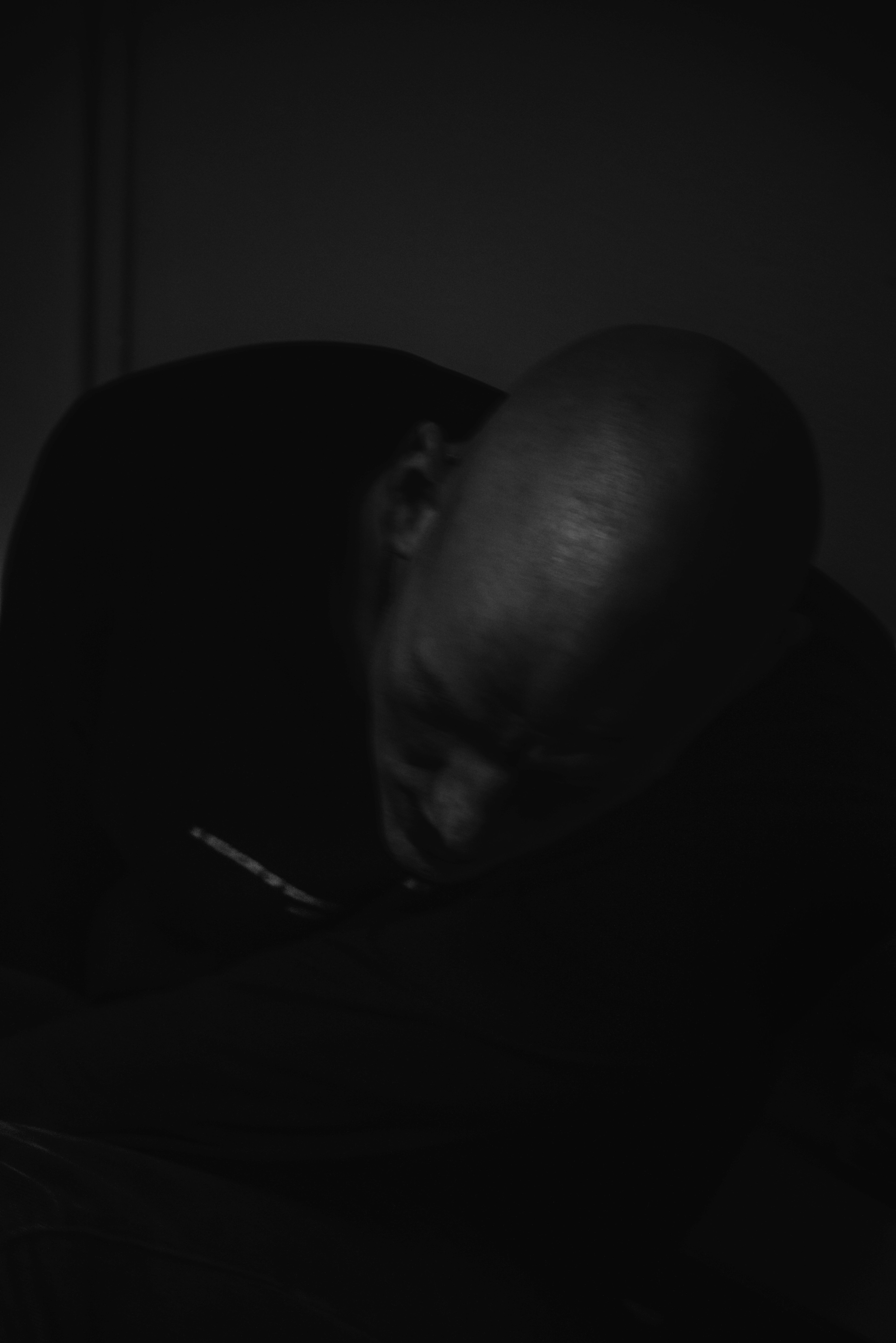
The aggressive, intimate, and often harsh work of British artist, musician, and dancer Tom Heyes, better known as Blackhaine, occupies one of these brutal provinces. Born and raised in the Northern English town of Preston in Lancashire, Blackhaine has gone from de facto artist in residence at the iconic White Hotel in Salford to working with a roster of rappers and musicians such as Blood Orange, Playboi Carti, and Ye, for whom he choreographed DONDA listening parties. Known for his experimental riffs on drill, which fluctuate between noise, punk, ambient, and poetic variants, Blackhaine wades in genre opacity. Having come up with a similarly anti-genre circle of friends and collaborators in Northwest England, including Rainy Miller, Iceboy Violet, and Space Afrika, Blackhaine released his first EP Armour during quarantine, and has since released another pair of EPs, And Salford Falls Apart and Armour II, and a two-song project with Richie Culver, “DID U CUM YET / I’M NOT GONNA CUM.” In the latter, Blackhaine repeatedly chants, “Dancing, drifting, falling”—a set of actions that seem to undergird his entire practice.
His dancing certainly follows suit—his erratic hardcore "Donk" and Japanese Butoh style movements often coil into statuesque stillness before unravelling again into a state of flailing. Also citing “spice” (the term for K2 in Northwest England) users as a source of inspiration, Blackhaine's music and choreography contain a self-described “socialist realist" edge that comes only with the pangs of personal strife, detachment, and retrospective meditation. This was on plain view during Blackhaine’s performance of p.a.i.t.h. at Kraftwerk last fall during Berlin Atonal. Just as his presence clung to his fellow tracksuit-wearing dancers and the audience he enveloped in the atrocity exhibition of jouissance, violence, vulnerability, and honesty, Blackhaine’s words stuck to his body, the gravity of his performance proving that, much like the condemned man in Kafka’s “In the Penal Colony,” he deciphers language with his wounds.
Phillip Pyle talked with Blackhaine about how Americans often understand his work more than Londoners, the influence of infrastructure, and numbness as the path to release.
Blackhaine’s next performance is scheduled for June 13 at Sónar Festival in Barcelona, where you can “expect a confrontational, physical, and visceral show.”
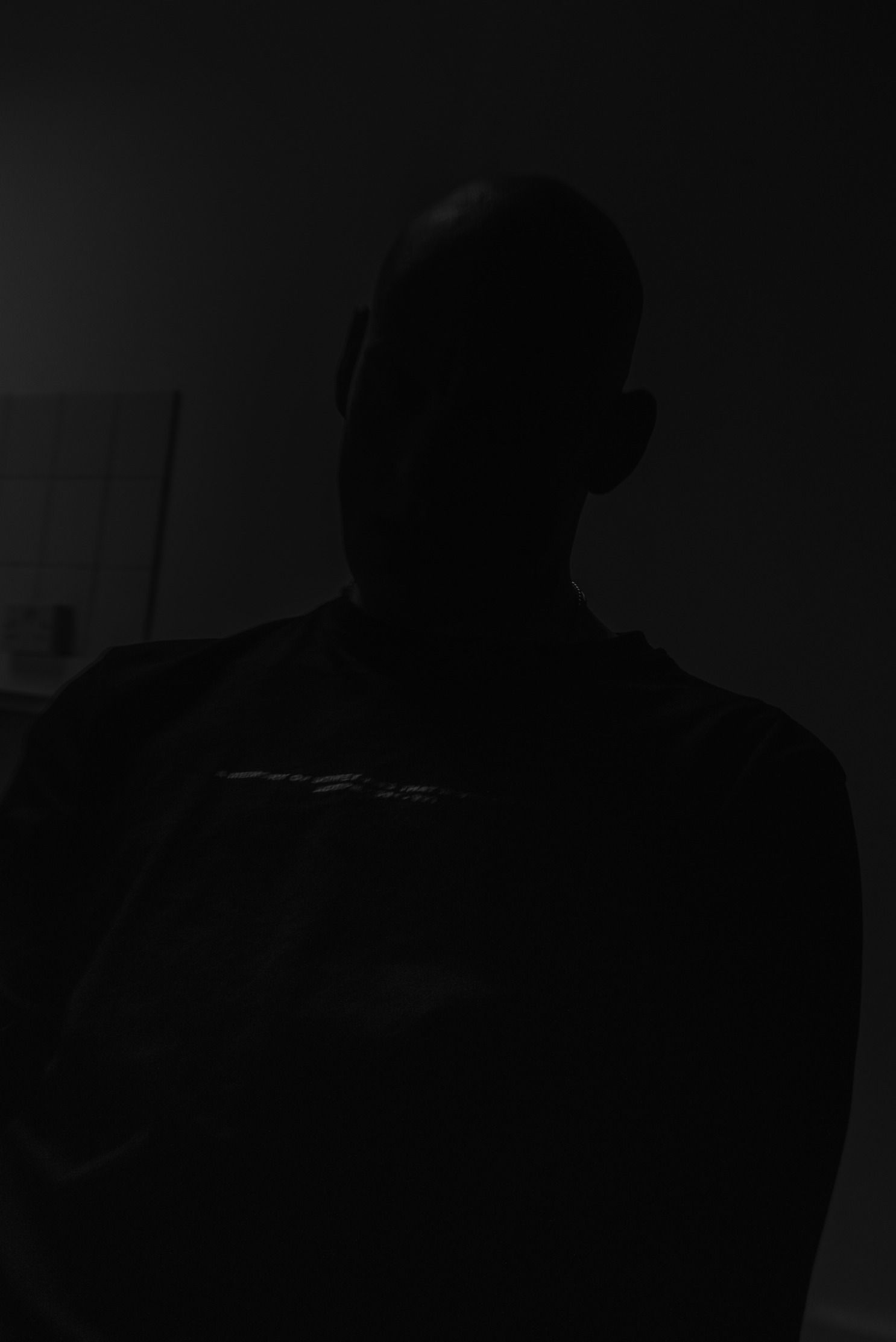
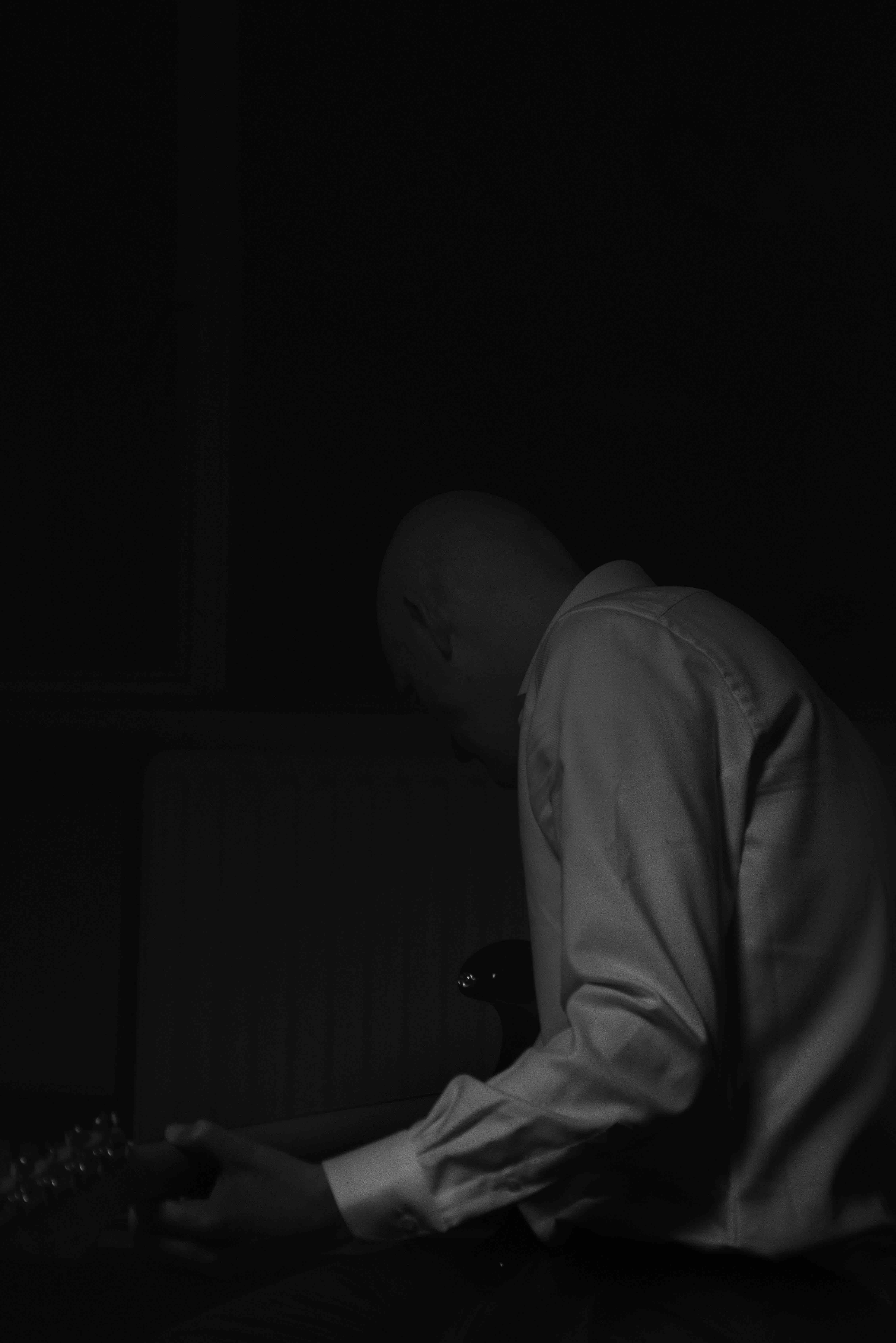
PHILLIP PYLE: It seems like not caring about genre is what allows your work to translate to different environments.
BLACKHAINE: It’s 2024 now. I think any ideas of scene or subculture—especially coming from Britain, where that is something we’re known for—don’t really exist anymore. There’s less distance between us and America. The UK drill scene was oppressed, and it’s harder to build local, fringe environments and audiences because the club scene is dying. We aren’t as attached to building a city’s sound as we used to be because it’s harder now. I’d like to think this makes the sound easier to translate to different environments.
PP: I first saw the video for your collaboration with Richie Culver, "DID U CUM YET?" at a group show at House in Berlin, which was such a different entry point into a song and video than on YouTube or a streaming service. Even though everything has collapsed and there’s often no use in marking difference of location, do you still make work with an idea of the environment that it would ideally be performed or shown in?
B: Well, that one [“DID U CUM YET?”] was made during COVID-19 by Michael-Jon Mizra and me. Essentially, we were attempting to learn how to make a song. I wanted to make something that was boring—because that’s how I felt at the time. Working with repetitive structures, experimenting with the textures and drones, which makes it more of a trance thing. I’m proud of that one, it goes back to the anti-genre conversation.
Also, I just make the songs, do you know what I mean? You go into studio one day and just operate as, “this is how I feel today,” then you make it. And then you work out if this is more of a gallery thing or if this is more of a…
PP: Now that you have been working with Ye and Playboi Carti, I’m curious if you’ve felt any growing pains in the transition from mainly working with people in Northwest England, whom you’ve known for a long time, to working across contexts with artists who have much bigger audiences?
B: It’s business as usual over here.
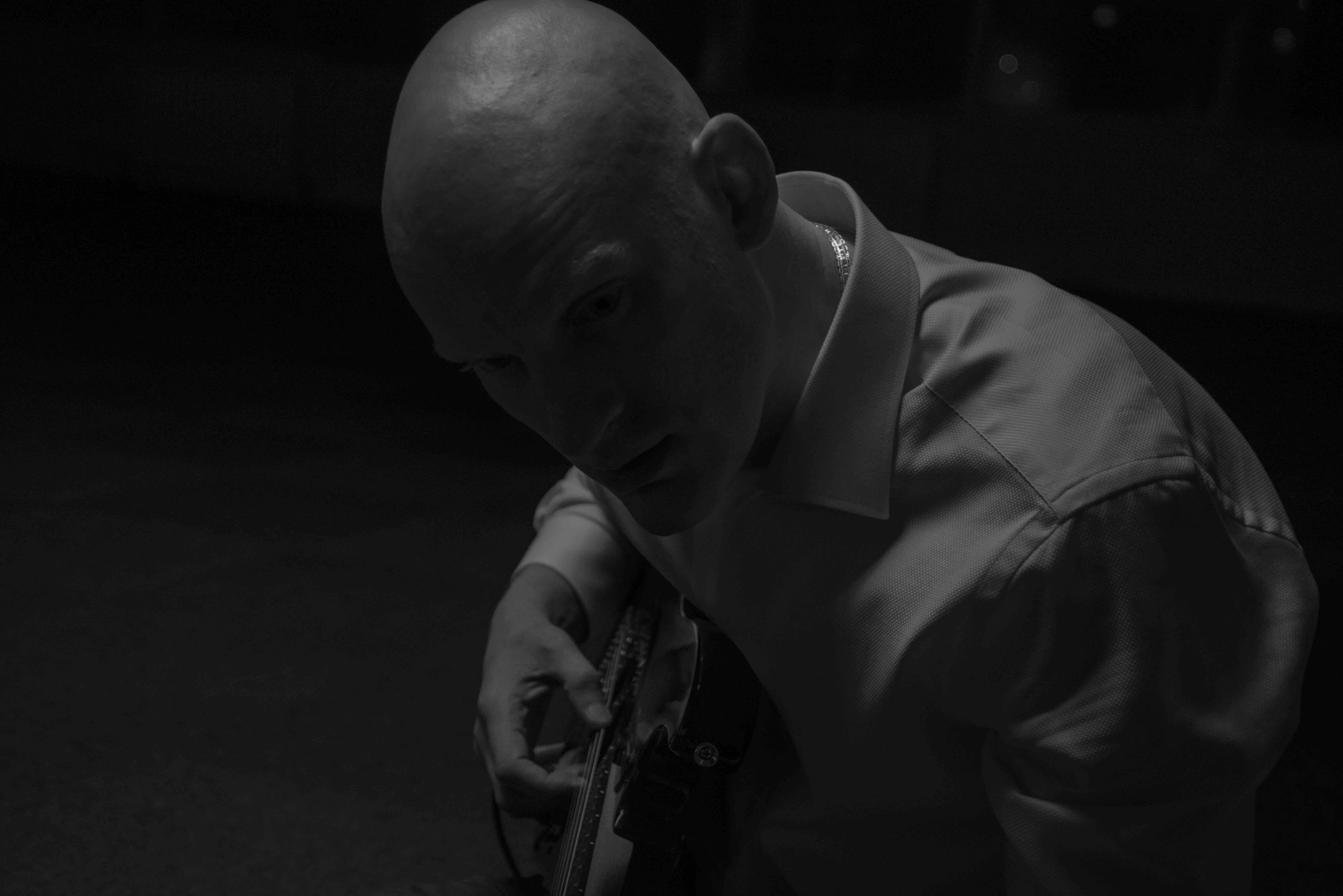
PP: Are there any projects currently in the works?
B: I just shot a short, Western inspired film on a desert island that I’m going to put out in a few weeks. I just need to finish the sound. It’s something I’ve written and directed along with my friend Rory Wood. It’s a performance art piece but also includes the themes that I’ve always talked about in my songs: Isolation, the hillside, and the moor. But I want to push things to be more psychedelic with these kinds of trance states.
It’s [the film] a bit different from what people maybe think I’m about. The whole country of England is exhausted at the moment. I think you can use too much of this grit as a resource and then it, I don’t want to say it’s exploitation, but it’s easy to become a bit jaded about how you look at the country. It’s a mess at the moment. England’s on its last legs.
PP: Do you feel any moral or political imperatives when translating these very specific English or Northern English experiences into international settings?
B: I don’t make work that is intentionally political because… I’m saving my life. So, whether it’s political or not is for you guys to decide. I think the difference between us and you guys, the Americans, is that our class system is way more pronounced than it is in America. When I go to America, I can’t tell who’s who. But it’s a lot harder here, especially coming up in that. But even the politics between us and Londoners is an issue. I’ve done work in London, but the Londoners will never look at me the same as they will look at a guy down the road. But the Americans can understand me. There are politics to this, do you get me?
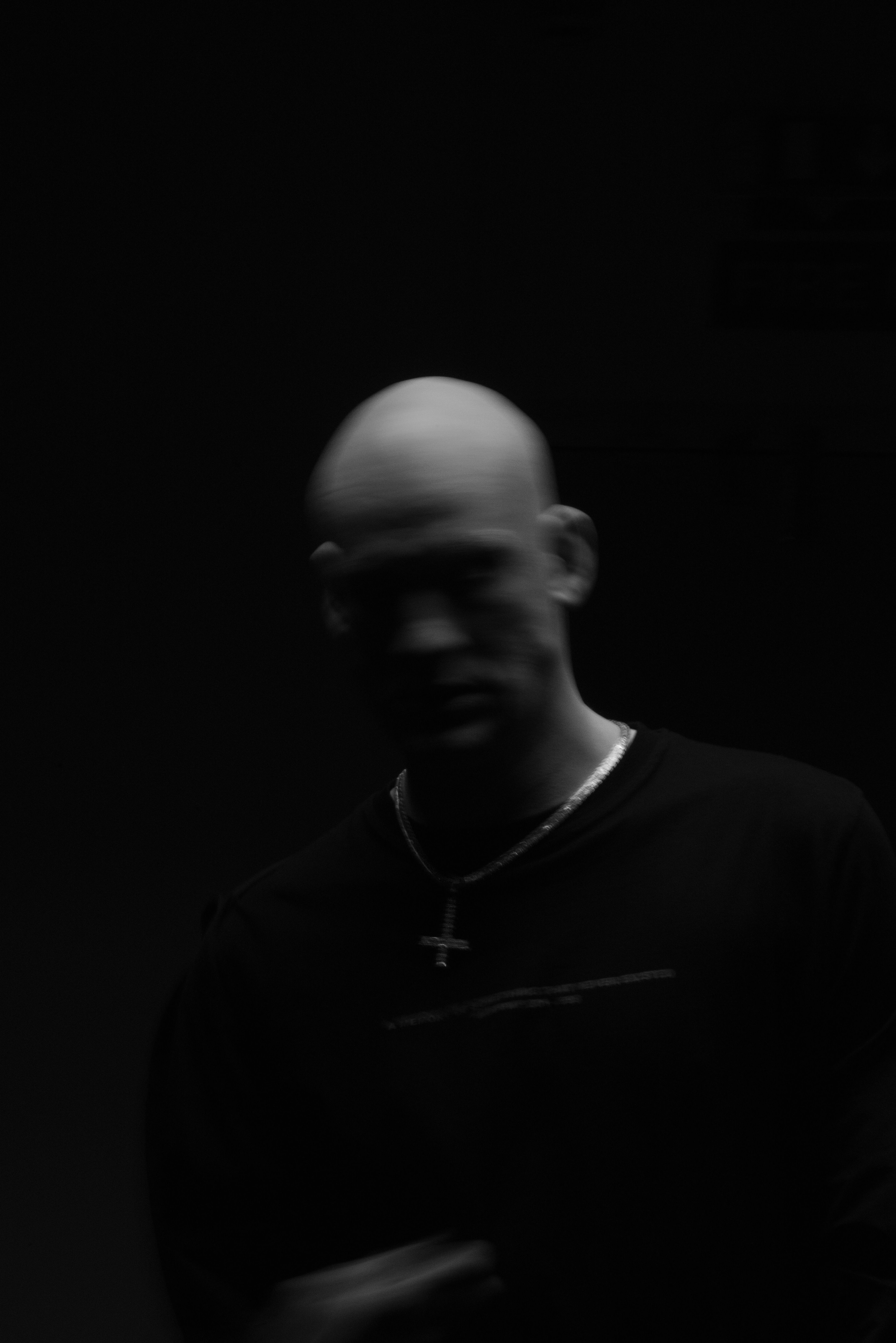
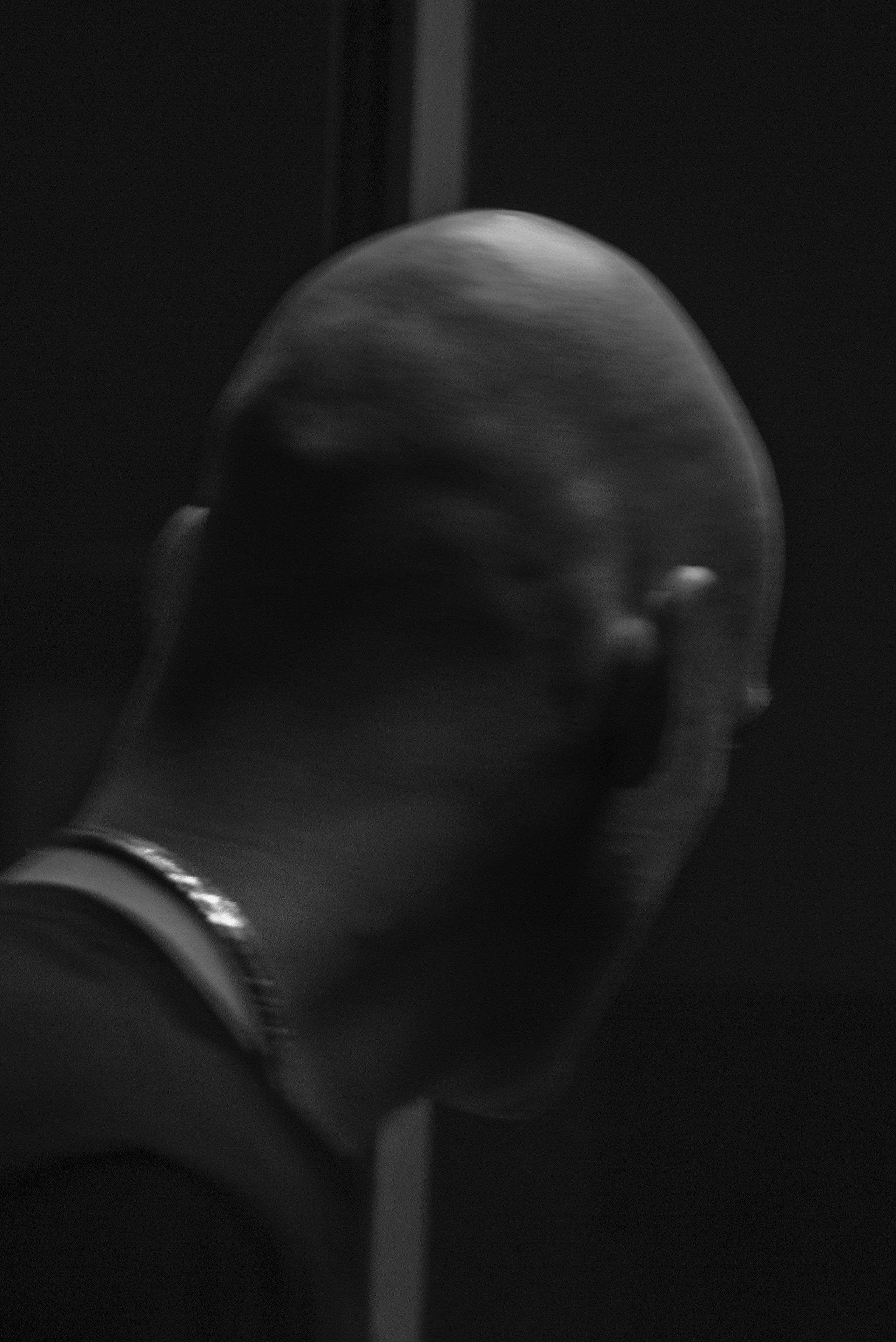
PP: You have a long history of performing at the White Hotel in Salford. As you’ve moved from there to larger venues, such as Kraftwerk for Atonal or even at Paris+ by Art Basel, how have you found that people respond to your work? Do you notice a difference?
B: I notice a difference. At the White Hotel, I was this kid round Salford, so people knew me around there before I started doing this. The White Hotel is also a small venue. But, because the booking there has been so insane for many years, the crowd has grown alongside it. It’s become more nuanced, allowing all these artists that have come from the club to develop. At the same time, if you’re coming on there and you’re from there, the pressure’s higher. And, the audience can understand you a bit better if you’re from there.
But I didn’t really think about it with Atonal and Art Basel. To be honest, I do the performance and leave. At every performance, the last thing I’ll say before I go on stage is “have the engine running” because when I’m with my people, we do the job and then get in the car and go. There are moments where I can go in a crowd and I can really feel it translating or giving people something. But I’m careful. I don't want to get lost indulging in this feeling that we’re giving people an experience or we’re giving people catharsis. That’s what I’ve come to do but I don’t necessarily need to know if it has happened. The Art Basel crowd was insane, and I felt like I gave something. And whilst I do crave a certain level of high art understanding, ultimately, they’re not the people I’m playing to. This is street music.
PP: I was wondering if there’s a target audience.
B: It’s the streets, man, who are builders and scaffolders, and I’m more interested by their honesty when they react than by the art world’s reaction. That’s not to say I want to create hierarchies in who I’m playing to, but at the same time, there’s always that side, isn’t there? Because that’s where I’m from.
PP: It’s funny that you mention scaffolders and builders because I noticed the centrality of infrastructure in your music videos, whether it’s urban or rural, highways or tower blocks.
B: I love building. I’ve been building stages with Carti, taking construction ideas I’ve seen in Salford, Strangeways, visions of failed architectures, postindustrial structures. When I do a Blackhaine project and I have the opportunity to build, it feels… Ultimately, dance or sound is invisible. It’s intangible. And there is a real power in having fleeting moments and things you can experience only once— I love building. I used to work on the trains, and I place value in industries of creation and service. Whether it be council houses or fucking around with scaffolding, it’s political, it’s honest.
PP: You’ve often mentioned deconstruction in relation to your dance and music, so building almost seems to counteract that.
B: I reckon I’ve deconstructed choreography and sound in order to prepare them for the world I’m building.
PP: Is there a building that you’re particularly attracted to?
B: Preston bus station. It’s the bus station I waited at everyday. It’s a brutalist monument. It’s the largest bus station in Europe.
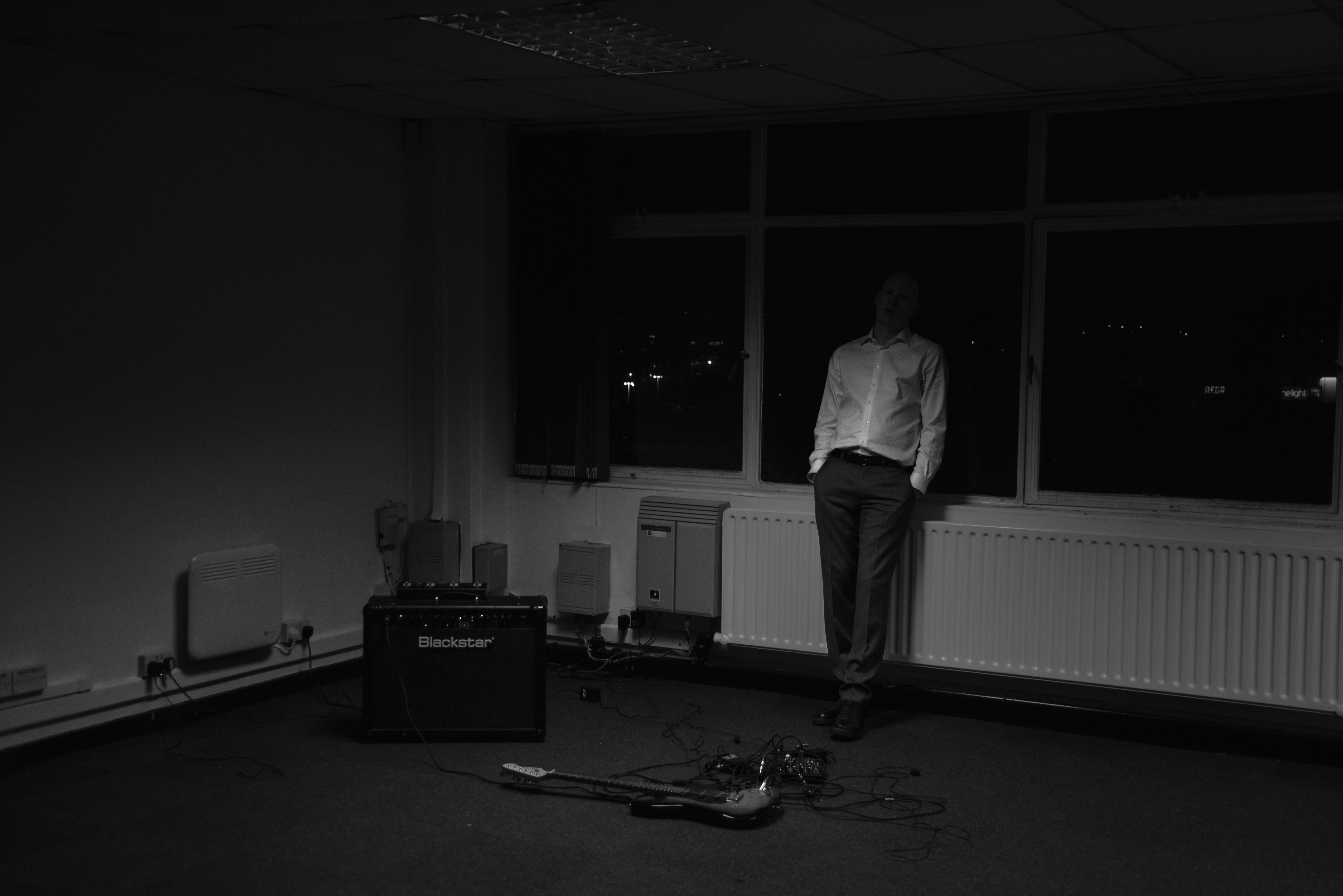
PP: Armour II is described as revolving around a slow-motion car crash. Kafka, who you’ve mentioned in past interviews, often uses a slow inching toward destruction in his writing, too. For instance, “In the Penal Colony” and “A Hunger Artist” implicate an audience that’s either unable or unwilling to intervene in the gradual violence they witness. Could you talk a bit more about the audience interaction in your work?
B: It was only when I did the performance at Art Basel [Paris+] that I realized that this private act has been blown up, and people have been forced to watch it. I don’t want people to look at it like I’m talking to myself, but I guess I am. The reason I want to do any performance is because I don’t want to have this internal monologue for seven years, but at the same time I don’t really want people to enter my world. Essentially, I am interested in audience reaction and engagement but it doesn’t dictate how I create—it influences how I exhibit. There are glass walls around certain moments. It’s not my thing to focus on the feeling that I want them to gain. Each environment is a freedom. This is something I will continue to interrogate as I work.
PP: When you and the other dancers moved between the stage, the floor, and the shipping container installation during your performance at Atonal, it was punk in a way but it also seemed to be questioning what it means to see these forms of cruel performance, and whether one merely watches or feels compelled to intervene.
B: I can’t really add much to that, you summarized it perfectly. You’ve got these lads just absolutely killing themselves out here. To be honest, that is the way it is outside of our small art world where no one can touch us. But there are lads out there drinking themselves to death. And there are these rooms that you go in to do that. And that was me for a while. It’s important to have a view on these places where people are fighting.
I’m not saying we’re recreating those habits but we’re definitely holding a place for release that hopefully the audience can go to. The whole reason I drive harshness when I’m performing is to reach a numb sensation. And then when we get to that place of numbness, where we’re either bored or acclimatized to the harshness, we can push through it and find a place of peace. My whole thing has always been beauty and peace. So, I use violence and harshness to push through them and detach from them.
PP: It’s more of a realist approach than a moral lesson on “how to improve.”
B: I think we’re past moralism. Look at your country, look at mine. I’ll speak about my country—they’ve tried to divide us for 60 years and throw false flags, leaving us to argue about these small ideas. If we stood together for two weeks, it would be over.
PP: Have you experienced people attempting to morally box you in?
B: Probably. I think people naturally do that. The one thing that I read that has really guided me is Roland Barthes’ “The Death of the Author.” I always come back to that. I’ve lived my life, so as far as I’m concerned, the boxes can be put on to me. They’re going to do it regardless, people desire to box things in to escape uncertainty. I know what I’m talking about. I know my intention. And I know what I’m trying to say.
Credits
- Text: PHILLIP PYLE
- Photography: ARCHIE FINCH
- Fashion: BABALOUTANA WEBB
Related Content
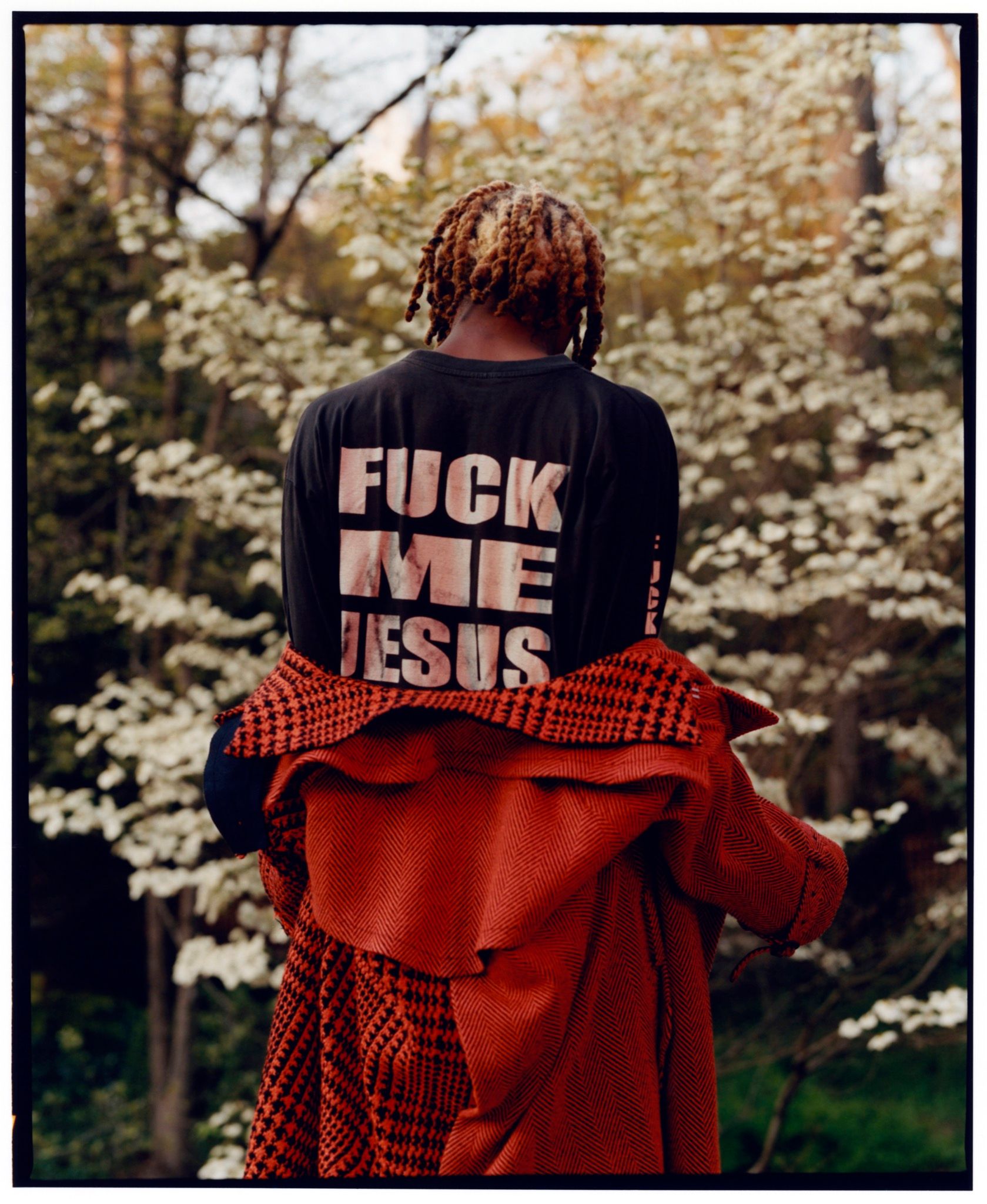
THE PLAYBOI MANSION: A House That Makes Rap Music
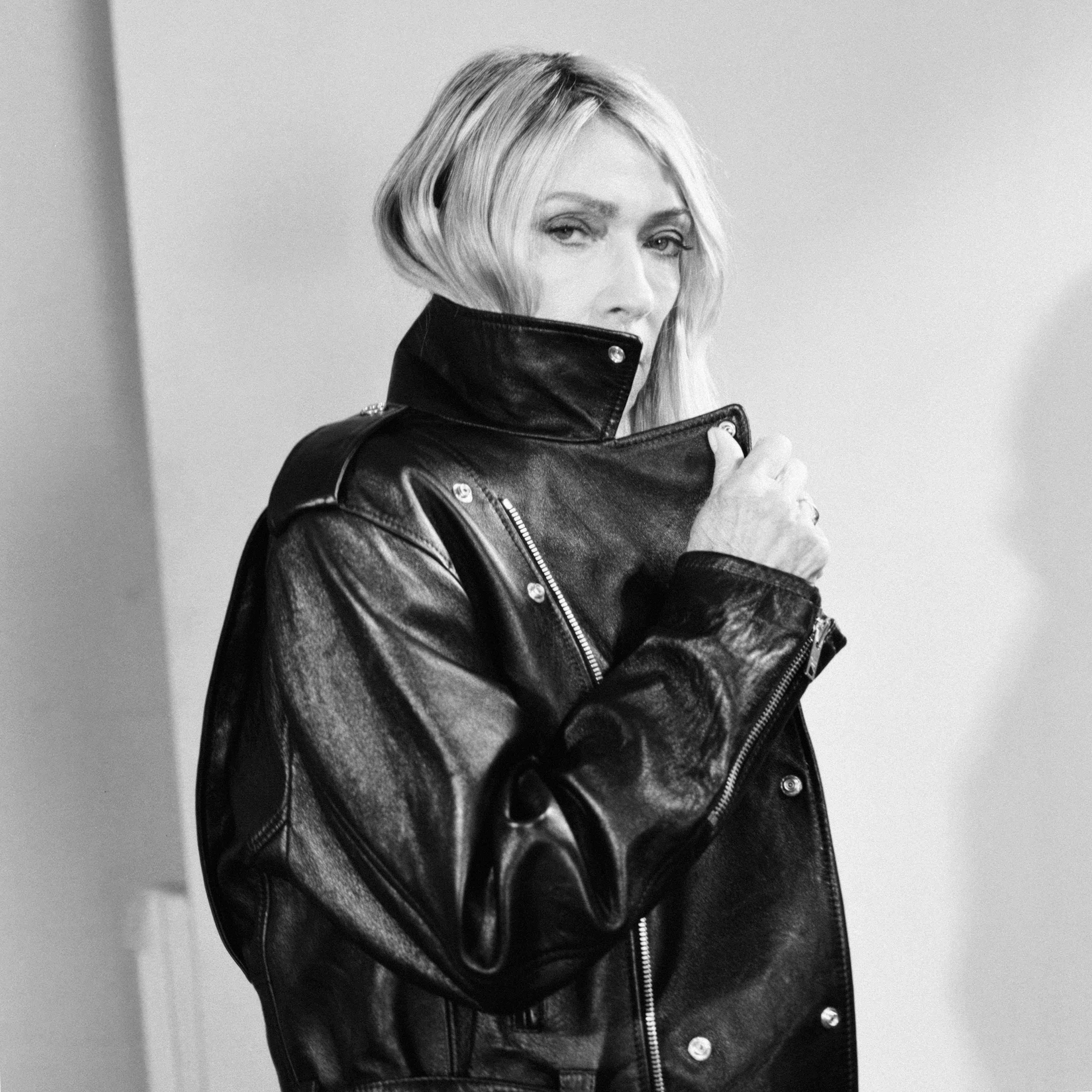
Abusing Technology with Kim Gordon
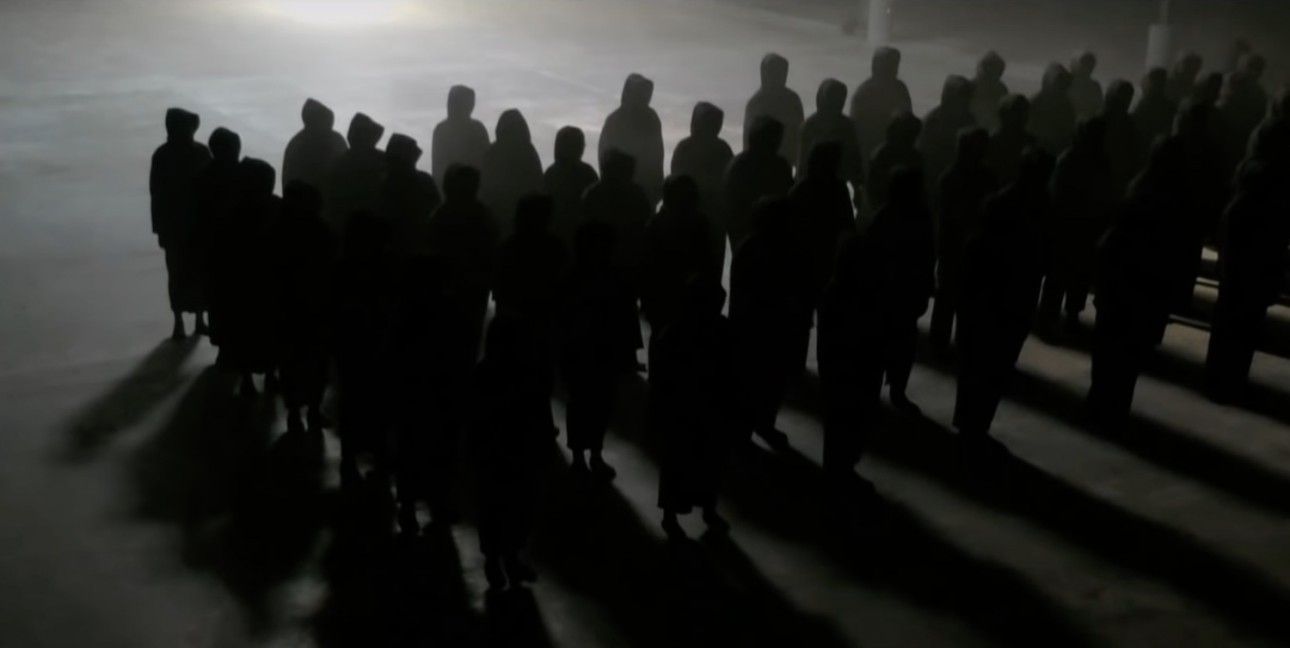
“I AM THE LEADER”: YE (KANYE WEST) in Conversation with TINO SEHGAL
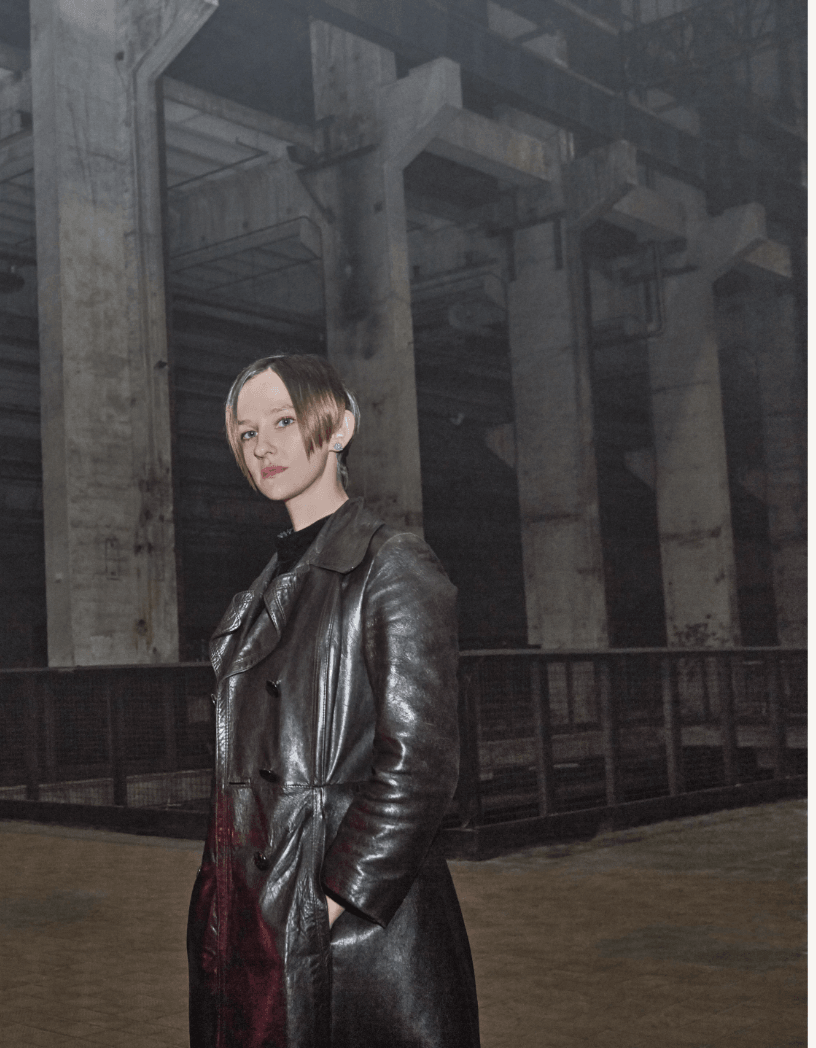
CATERINA BARBIERI’s Landscape Listens
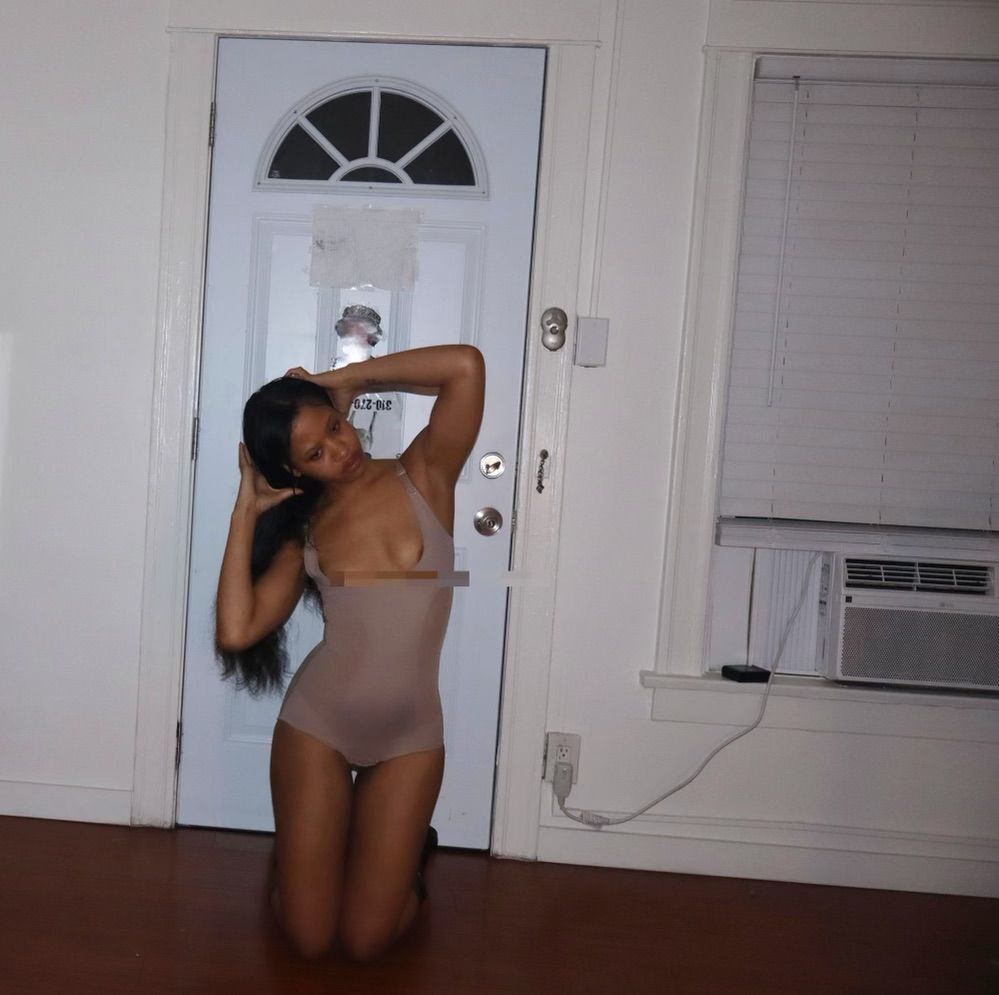
Babyxsosa: Everything Is In Real Time
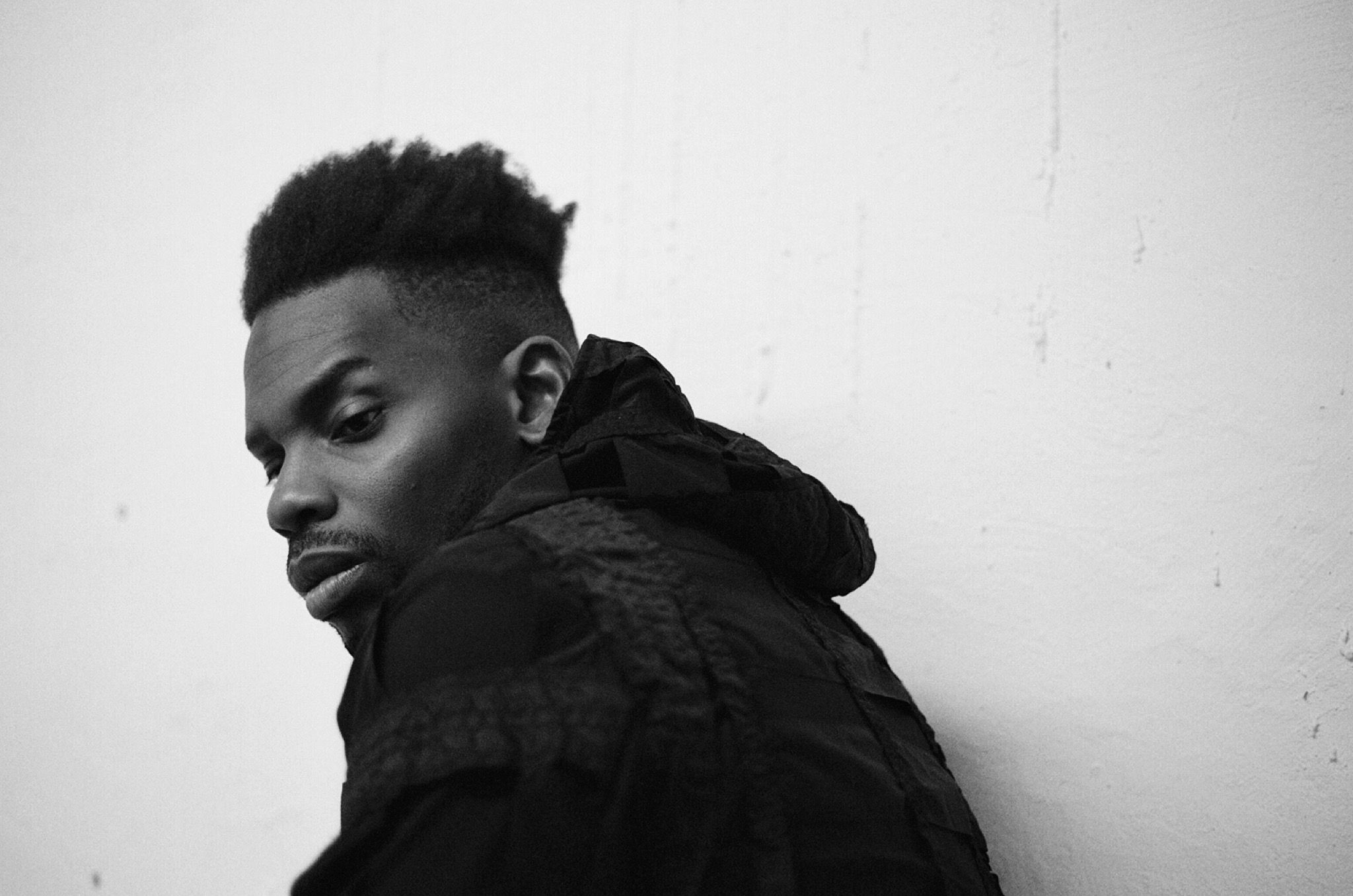
GAIKA: At What Point Do I Encounter God?
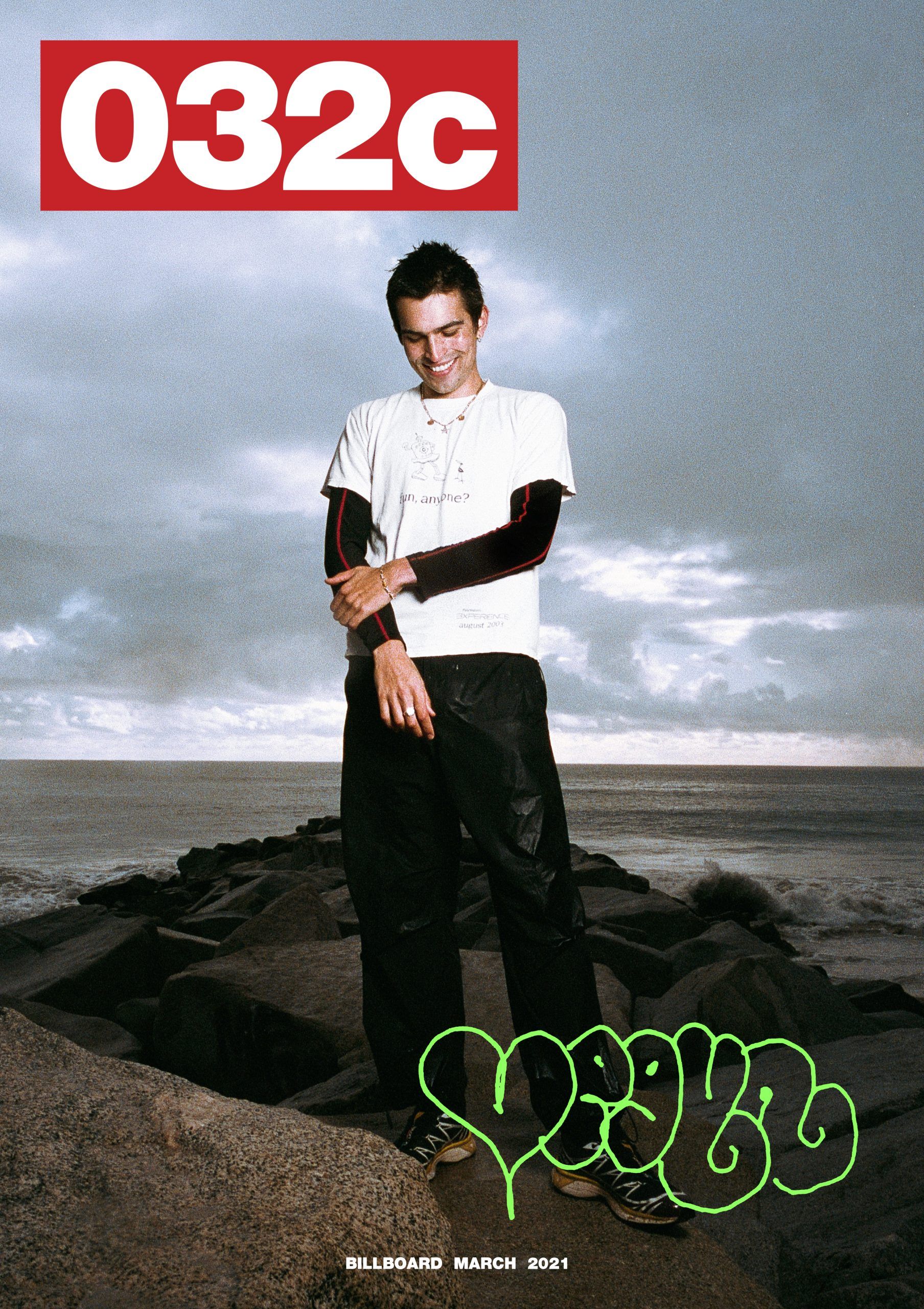
VEGYN: Get Uncomfortable
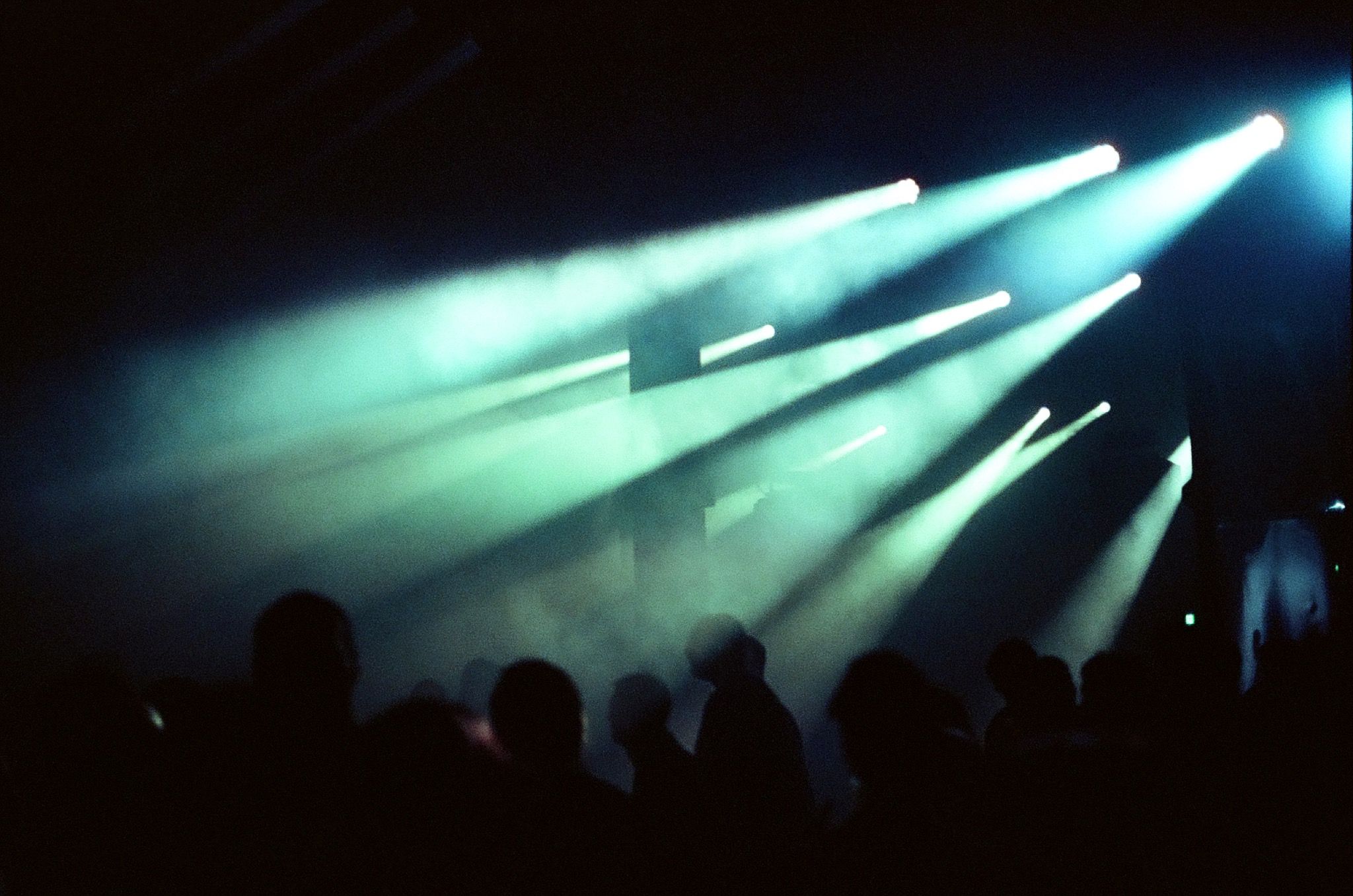
Post-Dance Revolution: Berlin Atonal Returns with Metabolic Rift